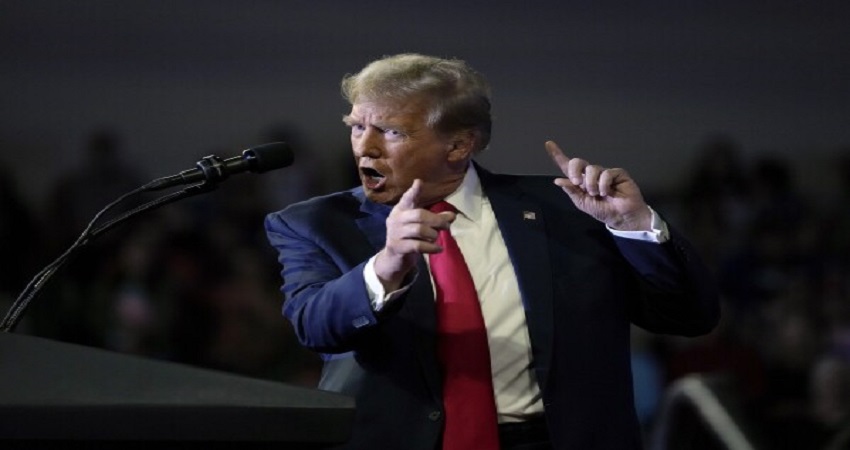
Former U.S. President Donald Trump is taking a bold new approach in trade negotiations, by tying U.S. military presence overseas to tariff discussions with key Asian allies such as Japan and South Korea. The move has sparked concern among diplomats and defense analysts, as it blurs the traditional separation between economic and security alliances. Trump Pushes Allies to Pay More
What’s Changing?
Trump has proposed that countries hosting U.S. troops should factor military costs into broader trade agreements. During recent talks with a Japanese delegation, he introduced the idea of a “one-stop shopping” model — where contributions to defense would be part of the overall trade package.
Impact on Japan and South Korea
- Japan currently hosts around 50,000 American troops and contributes approximately $1.48 billion annually to support their presence. This agreement runs through 2027, but Trump’s proposal could reshape future negotiations.
- South Korea has a similar agreement under the Special Measures Agreement (SMA), signed during the Biden administration. Under that deal, South Korea pays $1.47 billion, with scheduled annual increases. Trump’s approach may put that at risk.
What Are the Risks?
Experts warn that merging defense spending with trade could weaken trust between the U.S. and its long-standing allies. There’s concern that countries like South Korea may seek alternative security options — including bolstering their own defense systems or even pursuing nuclear capabilities — if they feel U.S. support has a price tag.
Why It Matters
This signals a shift from alliance-based diplomacy to a more transactional style of foreign policy. Trump’s strategy may appeal to voters who want allies to “pay their fair share,” but it could also destabilize decades of military cooperation and trust in the Indo-Pacific region.




